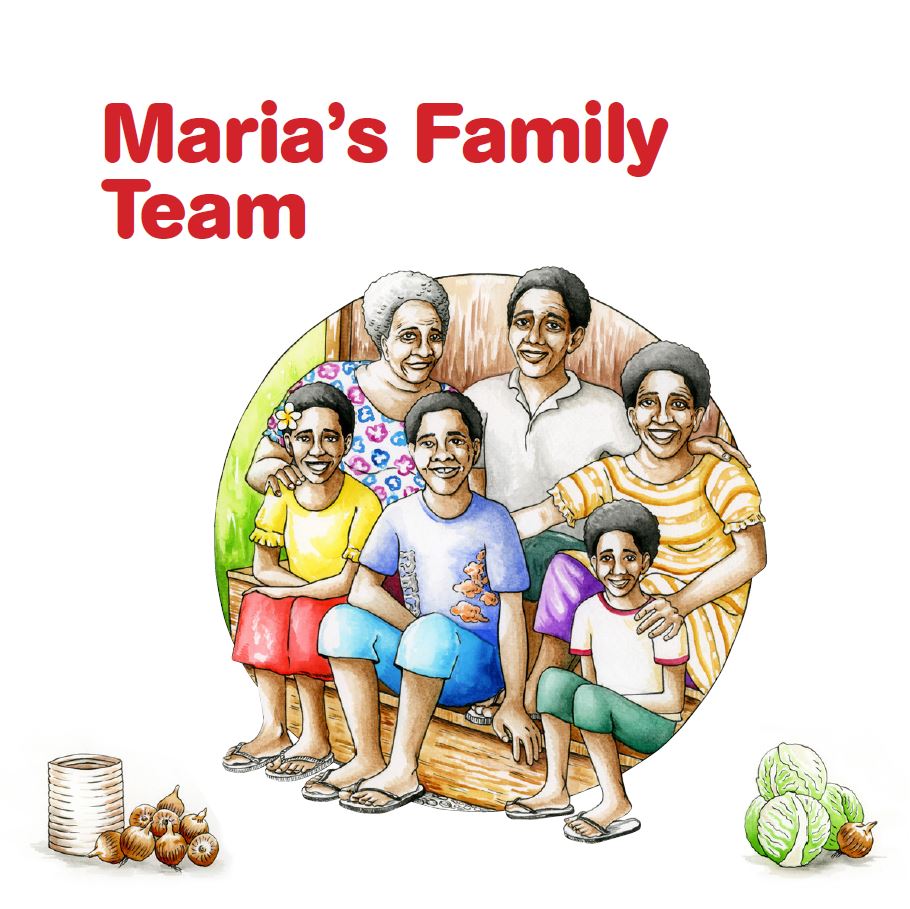- HomeHome
-
About ACIAR
- Our work
- Our people
-
Corporate information
- ACIAR Audit Committee
- Commission for International Agricultural Research
- Policy Advisory Council
- Agency reviews
- Executive remuneration disclosure
- Freedom of information (FOI)
- Gifts and benefits register
- Information publication scheme
- List of new agency files
- Contracts
- Legal services expenditure
- Privacy impact assessment register
- Commonwealth Child Safe Framework
- Benefits to Australia
- Careers
- 40 years of ACIAR
-
What we do
- Programs
- Cross-cutting areas
- Resources
- Where we work
-
Funding
- Research projects
- Fellowships
-
Scholarships
- John Allwright FellowshipScholarships to study in Australia for ACIAR partner country scientists to have Australian postgraduate qualifications
- ACIAR Pacific Agriculture Scholarships and Support and Climate Resilience Program
- Alumni Research Support Facility
- Publications
- News and Outreach
Co-publication
Maria’s Family Team
Date released
17 January 2020
ISBN
978-1-74088-493-8
Overview
The “Maria’s Family” books were developed as part of an ACIAR-funded project on women’s business acumen in Papua New Guinea. Initial research found women farmers in the highlands and East New Britain were making simple mistakes in marketing their produce, and almost all were not budgeting for their agricultural and families’ futures. Rural women also identified a lack of basic literacy was limiting their economic and social opportunities (including stopping them from engaging in training). These were the drivers of the creation of the “Maria’s Family” books. Their aim is to teach key agricultural messages to women smallholders; help mothers engage in reading activities with their children; and develop literacy skills for both mothers and children.
This book describes how to create a well-balanced allocation of household tasks, goal-setting, and the value of earning an income from different activities.



